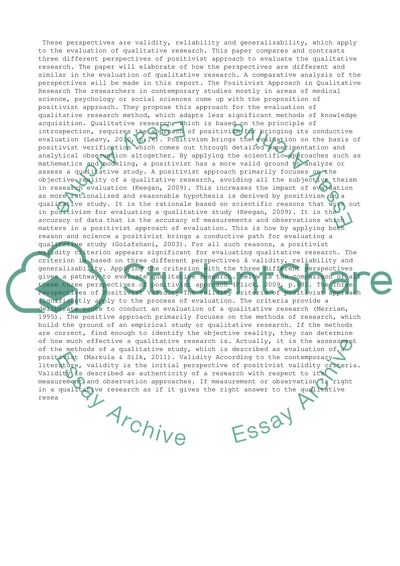Cite this document
(“Compare and contrast three different perspectives on the relevance of Essay”, n.d.)
Retrieved from https://studentshare.org/business/1495070-compare-and-contrast-three-different-perspectives
Retrieved from https://studentshare.org/business/1495070-compare-and-contrast-three-different-perspectives
(Compare and Contrast Three Different Perspectives on the Relevance of Essay)
https://studentshare.org/business/1495070-compare-and-contrast-three-different-perspectives.
https://studentshare.org/business/1495070-compare-and-contrast-three-different-perspectives.
“Compare and Contrast Three Different Perspectives on the Relevance of Essay”, n.d. https://studentshare.org/business/1495070-compare-and-contrast-three-different-perspectives.


